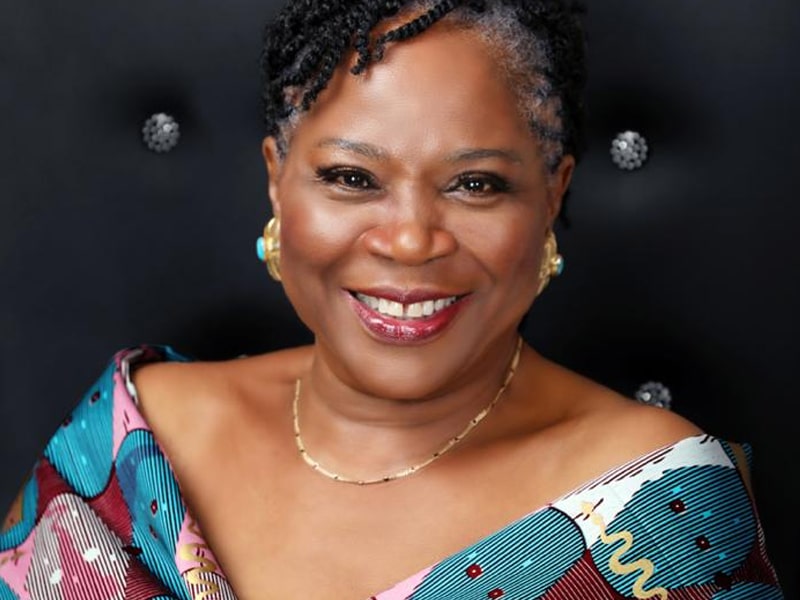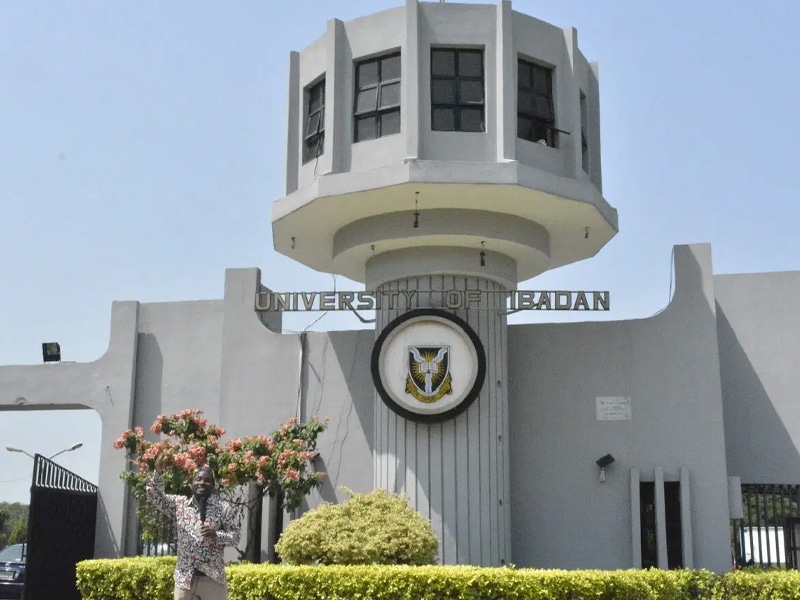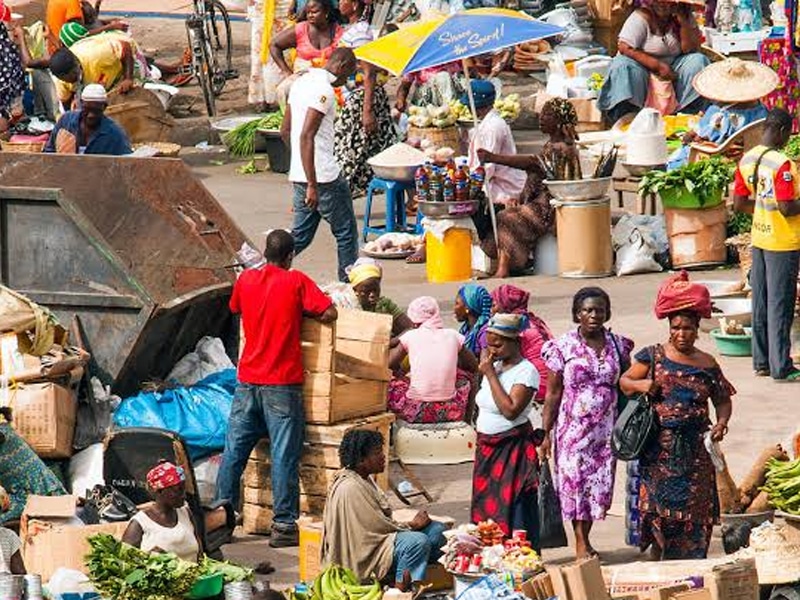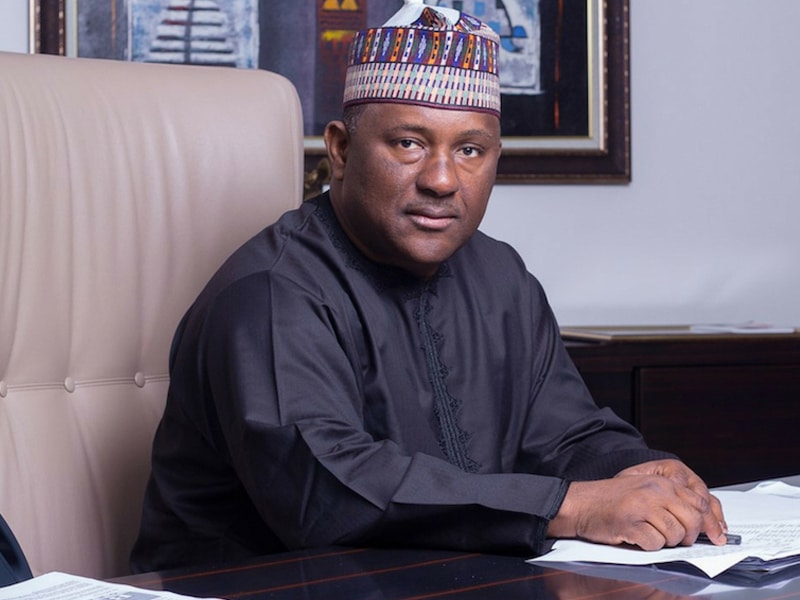AbdulSamad Rabiu, the Chairman of BUA Cement, stated Wednesday that his company’s proposal to sell cement at N3,500 per bag last year was thwarted by cement dealers.
Speaking at the company’s 8th Annual General Meeting in Abuja, Rabiu added that although his company supplied over a million tons of cement to dealers at a price of N3, 500 per bag, with the understanding that the dealers would pass the savings on to end users, the dealers charged between N7000 and N8,000 for a bag of cement that was purchased by customers.
He claimed that since the company’s action was not intended to support dealers, the strategy had to be abandoned.
He argued that because BUA Cement had no control over prices in the open market, it was powerless to stop the dealers who, he claimed, made enormous profits from the high margin.
He went on to say that the program was unsustainable due in part to the devaluation of the Naira last year and the withdrawal of fuel subsidies.
“So, a lot of the dealers took advantage of that policy,” said Rabiu. They were selling for even twice the price we sold them, instead of passing the reduced prices along to the buyers.
A few were retailing bags for between N7,000 and N8,000. The unusually large margin allowed them to make a substantial profit. Before we realized what the dealers were doing, I believe we had sold almost a million tons for N3,500.
Then, we were unable to maintain that approach due to the problems Nigeria was having with the Naira’s devaluation and the elimination of the fuel subsidy last year.
Dealers refused to comply with our request that the pricing remain there. Therefore, we were unable to do it for the simple reason that we did not want to be providing merchants with subsidies.
I am talking to the moment when the value of N600 to the US dollar changed hands, possibly to N1,800. As a result, maintaining that price policy really became more difficult for us.
Nonetheless, he stated that the business has kept up its efforts to ensure that costs did not rise to the extent of the Naira devaluation’s percentage increase.
“You will see that cement is actually cheaper today than what it was last year if you compare the exchange rate then and the exchange rate today. This is because if the dollar appreciated, costs increased by the same amount, and the price of cement should really be around N10,000 Naira per bag.”
When you compare the price of cement at N6,000 today to N4,000 at the start of the previous year, it represents a mere 50% increase.
“So, we directly pushed to ensure that the price of cement is not getting higher than what it is today.
“But then again, you have areas where everything is dollar-dominated. Energy is the biggest cost. And our energy today is denominated in dollars. We buy gas to power our plants mainly. And gas is priced in dollars.”
The chairman revealed that one of BUA’s plants’ monthly invoice is about N15 billion or maybe N16 billion monthly. It used to be N3 or N4 billion. That is just one example.”
The business’s growing market share allowed it to post a robust revenue rise of 27.4%, from N361 billion in 2022 to N460 billion in 2023, according to the financial report that the board of the company provided.
But as the Naira began to weaken in June 2023 and continued to do so, along with rising inflation, the Company faced more and more price pressures that impacted production costs. As a result, the total cost increased by 39.5% to N276 billion from N197.9 billion in 2022.
A net foreign exchange loss of N70 billion was recorded during the period under review, of which N52.5 billion was ascribed to financing expenses.
In spite of these difficulties, the company announced a N2 dividend per share and claimed a net profit after tax of N69.5 billion.












